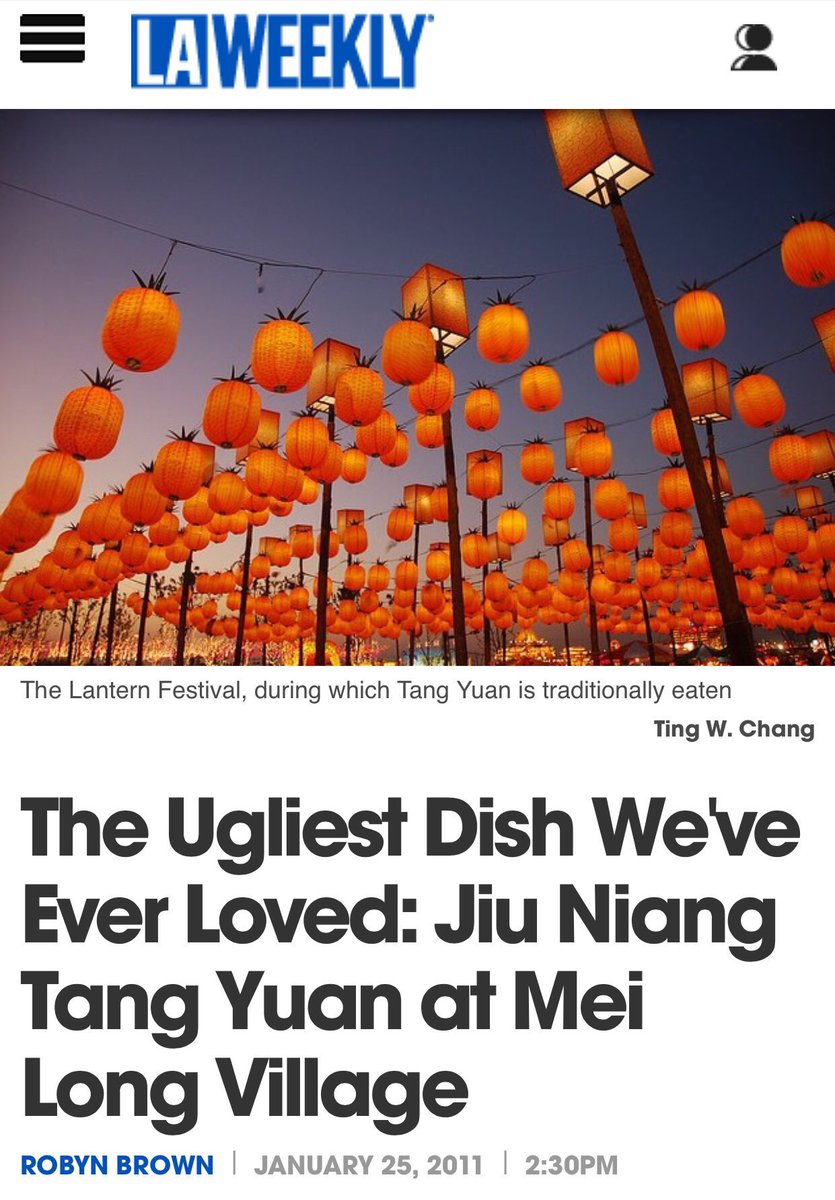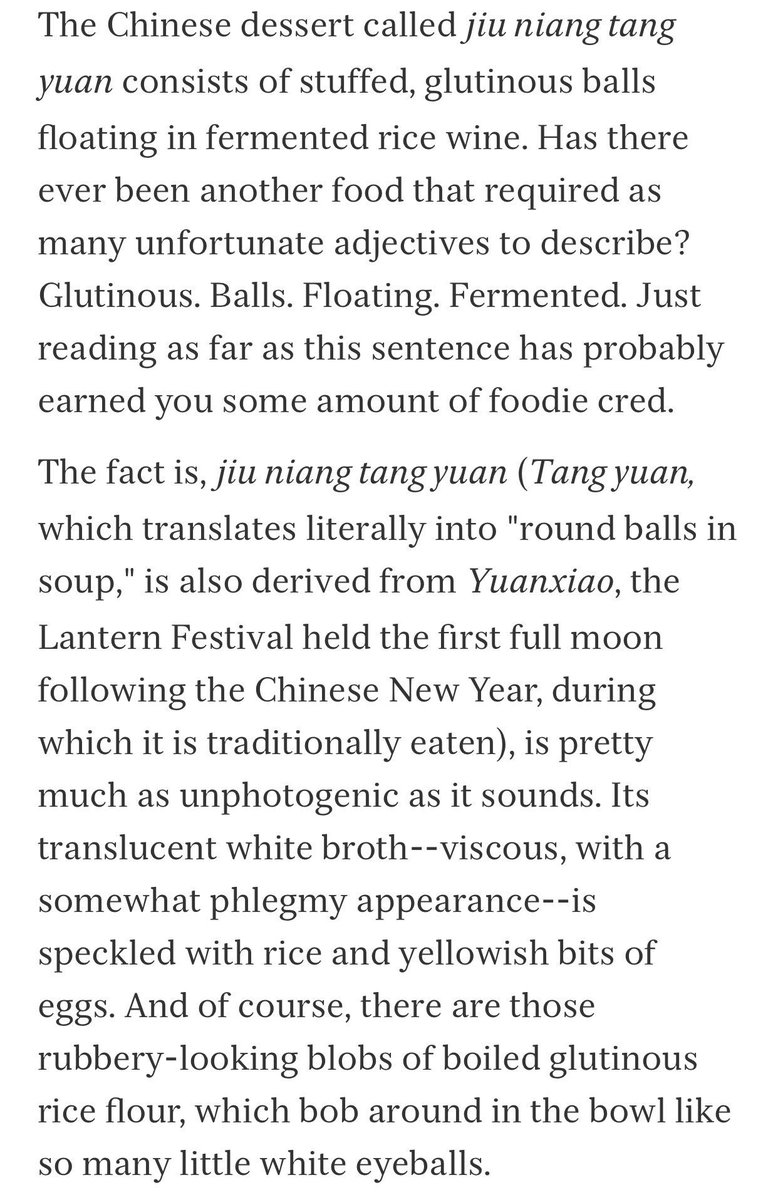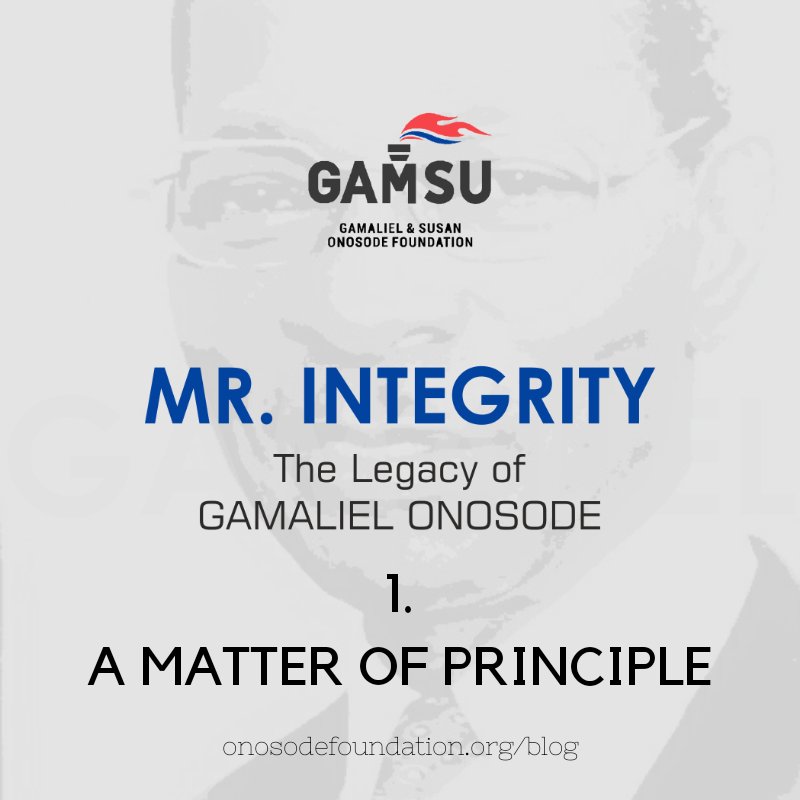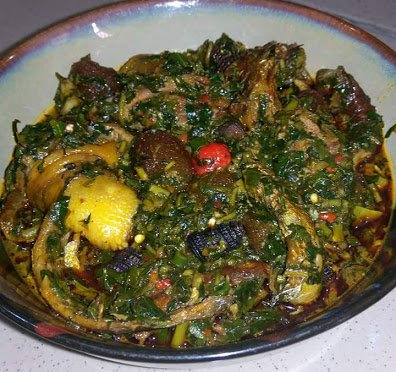I’ve been going to these things for 15 years now and I’ve learned a few things.
I.e., don’t instrumentalize your interactions. I can’t emphasize this enough.
🛑 Stop looking for someone more important to talk to and focus on who’s in front of you.
“Networking” is the wrong mindset. It emphasizes quantity over quality. This makes more sense in a normal job market since it’s friends-of-friends who can inform you of new opportunities. But it doesn’t translate well to academia.
If you hit it off with someone intellectually OR socially, then spend more time with them. With zero FOMO. Forget how senior or junior they are. The lowly PhD student of today is tomorrow’s star.💫
Point is- Have faith in your academic tastes.
Putting your work out there to be criticized is an act of bravery. You’re sharing a piece of yourself.
So in the Q&A, don’t humiliate the speaker in order to make yourself look clever. You’ll come across as a jerk who is trying too hard.
The goal is to help the author improve their paper. So don’t just say X doesn’t work.
Instead say, X doesn’t work because of A, B, C. You can try Y instead. Or reframe question as Z.
And be gentle with your tone.
Consider setting this as an intention at the start of the session.
Early career women: This is an excellent opportunity to engage meaningfully. And to form a new connection. If you really like the work, go further&offer to review the paper!
When asking Qs, please introduce yourself!
It’s easy to limit yourself to those sessions that relate directly to your work. But big conferences are an efficient way to learn about other disciplines & subfields. Great for creative thinking.
In your instructions to panelists, allow 5min for a late start OR be ruthless and start on time.
Build in time for introductions + 1min transitions between speakers!
When taking questions from audience, gather up 5-10 NOT 2-3.
And above all, don’t tell them to write the paper that *you* would have written.
Remember: Part of the discussant’s job is to stimulate conversation for the Q&A.
Ask the discussant/audience: Does this section work for you? Did I make too many assumptions? What can I cut?
The best panels happen when we all treat it as a joint endeavour.
They serve similar functions: to draw attention to specific scholars & their ideas. So instead of saying “Great paper by @X!”, summarize the idea or highlight what was innovative💡.
“Tx for introducing me to X important person”
“Tx for standing up for me when so & so got nasty in that session”
“Even though we just met, tx for telling me my work is good. Hearing you say it makes me believe in myself.”
I.e., Don’t drink (or smoke in this case) so much that you forget where you are. You don’t want to be remembered for “that episode” in the hotel lobby.
Obvious, and yet...
Scholars have memories like 🐘. They’ll remember who snubbed them when they weren’t “important”. So BE NICE!
/end







